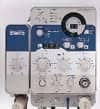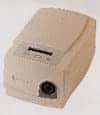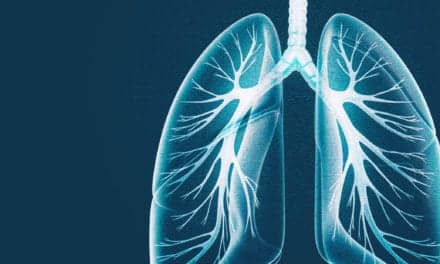A study published in the Journal of Allergy and Clinical Immunology reveals that overweight and obese children with asthma may mistake symptoms, such as exertional dyspnea, for loss of asthma control, which can lead to the unnecessary use of rescue medications.
Jason E. Lang, MD, MPH, and colleagues examined qualitative differences in symptoms between lean and overweight/obese children with early-onset atopic asthma. Data was collected from a cross-sectional analysis of 10 to 17 year old children with persistent early-onset asthma.
The association between symptoms and weight status were evaluated. The research team found that lung function was similar for lean children as well as those who were overweight and obese. In addition, the latter group reported more frequent rescue treatments despite lower fraction of exhaled nitric oxide and reduced methacholine responsiveness. A news release from Physician’s Briefing notes that the primary symptoms reported with loss of asthma control varied with weight status.
Specifically, overweight/obese children more frequently reported shortness of breath, while cough was less often reported. Also, children had higher gastroesophageal reflux scores, which appeared to mediate symptoms of overweight/obesity-linked asthma, as indicated on the Physician’s Briefing news release.
The authors of the study write, “Overweight/obese children with early-onset asthma display poorer asthma control and a distinct pattern of symptoms. Overweight children with asthma may falsely attribute exertional dyspnea and esophageal reflux to asthma, leading to excess rescue medication use.”
Source: Physician’s Briefing










